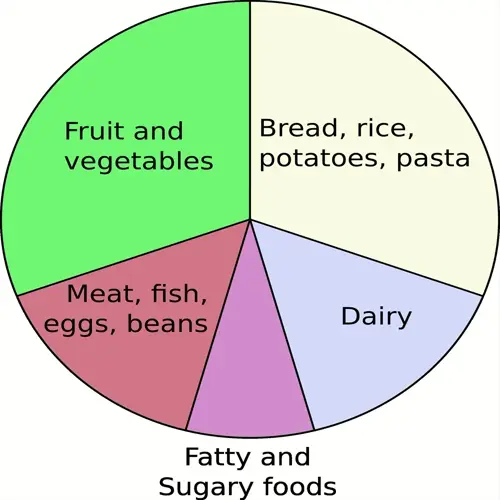Which fruits naturally contain probiotics?

Written by
Tran Quang
Reviewed by
Prof. William Dalton, Ph.D.Finding probiotics in fruits is a common question, but it is not entirely accurate. The truth is, fresh fruits do not contain probiotics. Rather, they are an important influence on gut health for another reason. Fruits supply prebiotic fibers and compounds that nourish your beneficial bacteria. Due to this relationship, they significantly enhance the effectiveness of probiotics. I recommend combining fruits with fermented foods for optimal results.
Prebiotic Function
- Bananas: Rich in inulin that feeds Bifidobacterium strains
- Apples: Pectin fiber boosts Lactobacillus growth by 30%
- Berries: Polyphenols increase microbial diversity in colon
Fermented Options
- Coconut Kefir: Fermented coconut water with active cultures
- Fruit Kvass: Traditional fermented beverage using berries
- Fermented Citrus: Preserved lemons/limes develop probiotic strains
Combine fruits with probiotic foods. Mix berries into kefir smoothies, and top yogurt with slices of banana. Mix apple chunks into salads of sauerkraut. These associations provide a potent synergy for gut health. The prebiotics contained in fruits aid the probiotics in colonisation. Their conjunction works out better than either separately. Take but small quantities, however, lest they pass intolerably.
The impact of serving on nutritional value is important. Whenever possible, select organically grown fruits. Wash the fruit thoroughly, but avoid over-peeling. The skins contain valuable juices and fibers. Fruits should be eaten raw or slightly cooked. Excessive heat destroys the beneficial properties in fruits. Ferment fruits at a low temperature to preserve the vital cultures. When fruits have been cut, store them in the refrigeration.
Healthy intestines get even more nutritious with a continuous intake of fruit. Daily fruit consumption supports a healthy bacterial balance in the large intestine. Other good sources of bacteria include fermented foods, which perfectly complement daily fruit consumption. A variety of colors is the key. The selection of varieties should be seasonal. That guarantees a wide distribution of nutrients. The digestive process receives healthy support from this combination.
Read the full article: 10 Essential Probiotic Foods List for Gut Health

